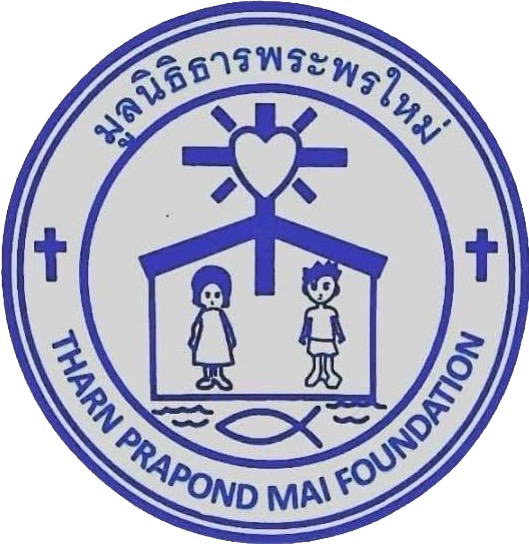TharnprapondmaiFoundation
History
“One day I will help hilltribe children receive a good starting foundation. A quality of life that is at least better than what I had. I want them to be able to receive an education and a job so that they can go back and help their family.”
This was the original intention of Master Somchai Ponsiriwong, also known as Sala (Teacher), of Than Phraphon Children’s Home. His desire is to improve the life conditions of the hilltribe children. Teacher Somchai grew up in a poor family. His parents are Lahu people from Burma and they settled in the Chiang Rai province. Due to poverty, they had to send him away to boarding school. Many tribal children in Chiang Rai went to school, but were seen as a minority who could not speak Thai very well. This was the starting point that made the teachers create a children’s home so that every child had a place in society.
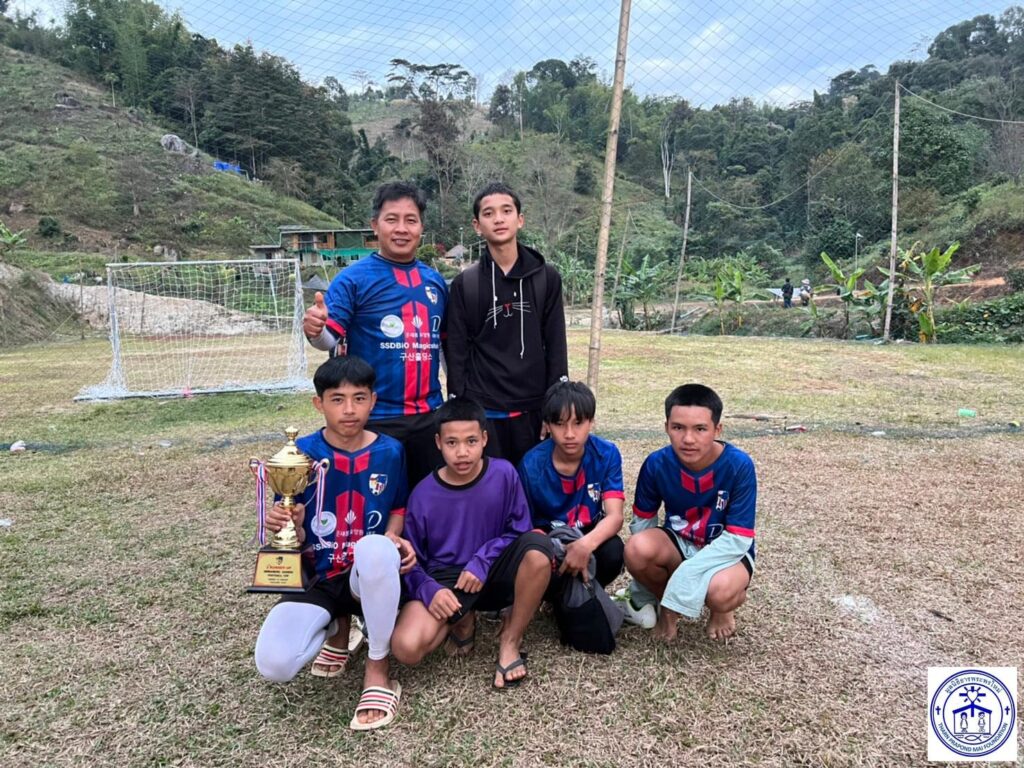
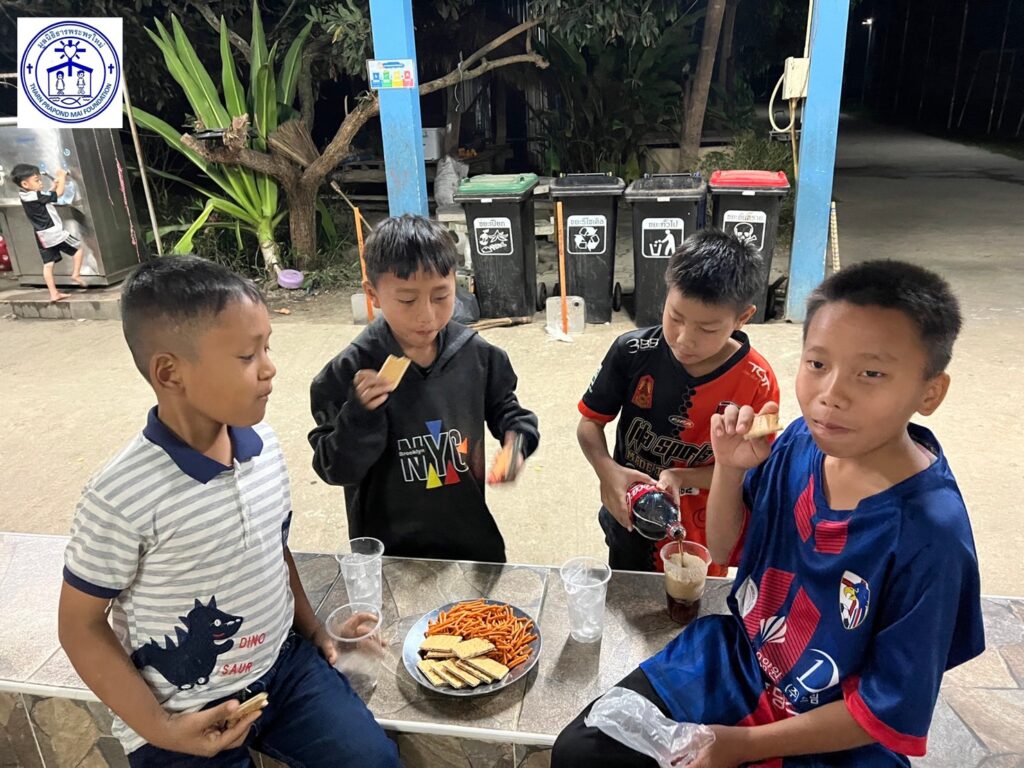
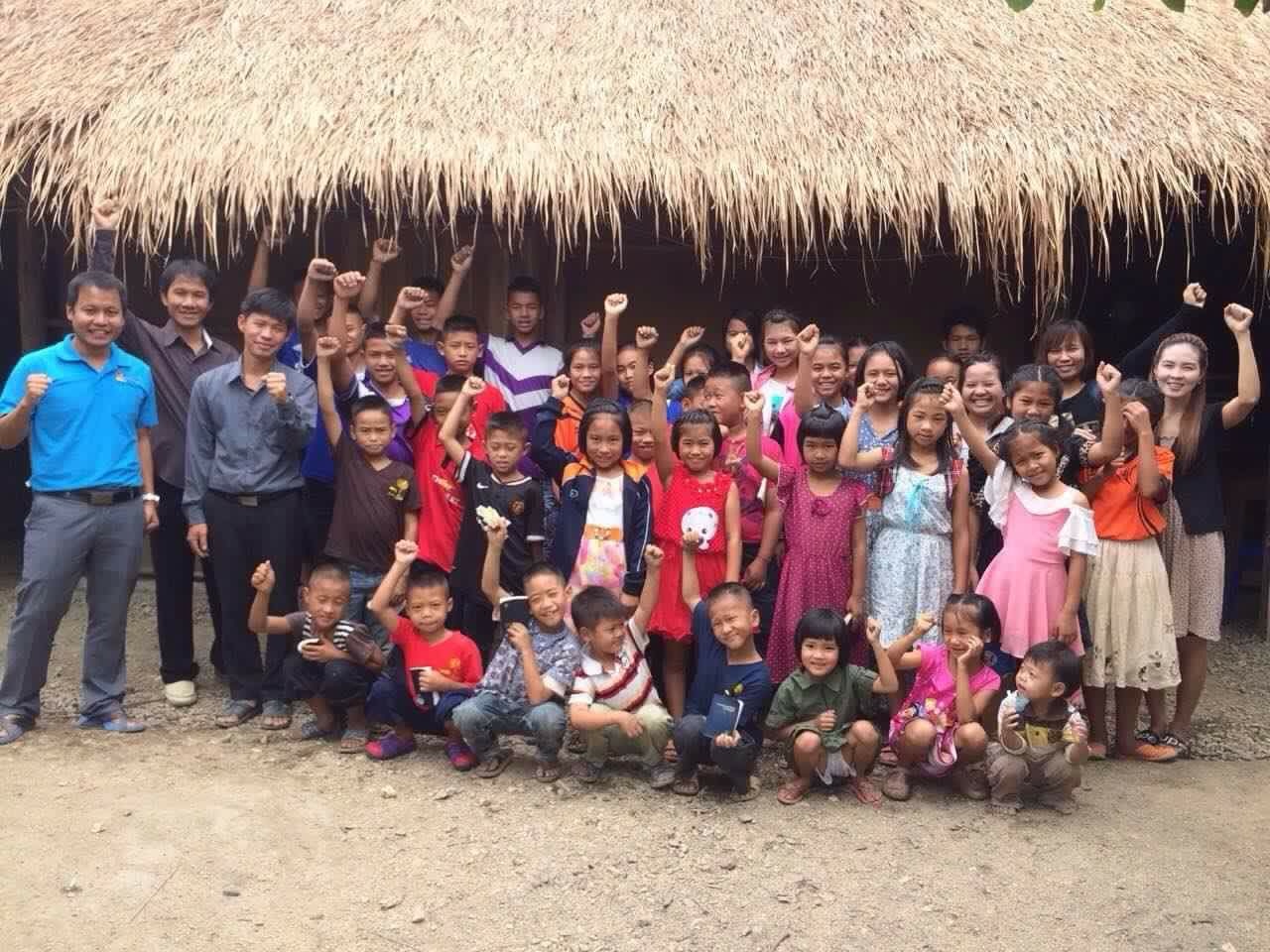
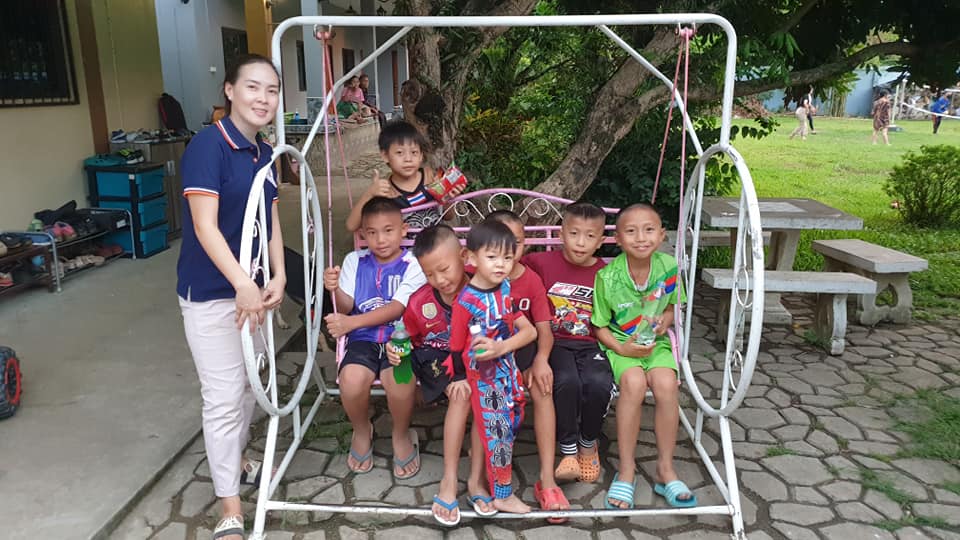
In 2014, Teacher Somchai and his wife opened a children’s home. They received land from the Baan Nokkamin Foundation in the are of San Kang Pla village. This is in the Mae Suai district, in the Chiang Rai province. The goal of the home is to welcome orphans, poor children and underprivileged children. By having a holistic view, the home provides assistance in education and gives safe shelter. There is hygienic food and moral and ethical training according to the principles of the Bible. Currently, the Tharnprapondamai Foundation can accommodate up to 65 children with support from Father Irwin, who is the Swiss founder of the Baan Nokkamin Foundation. Our goal is to give these young lives a place where they can grow steadily and be the important force in the further development of society.
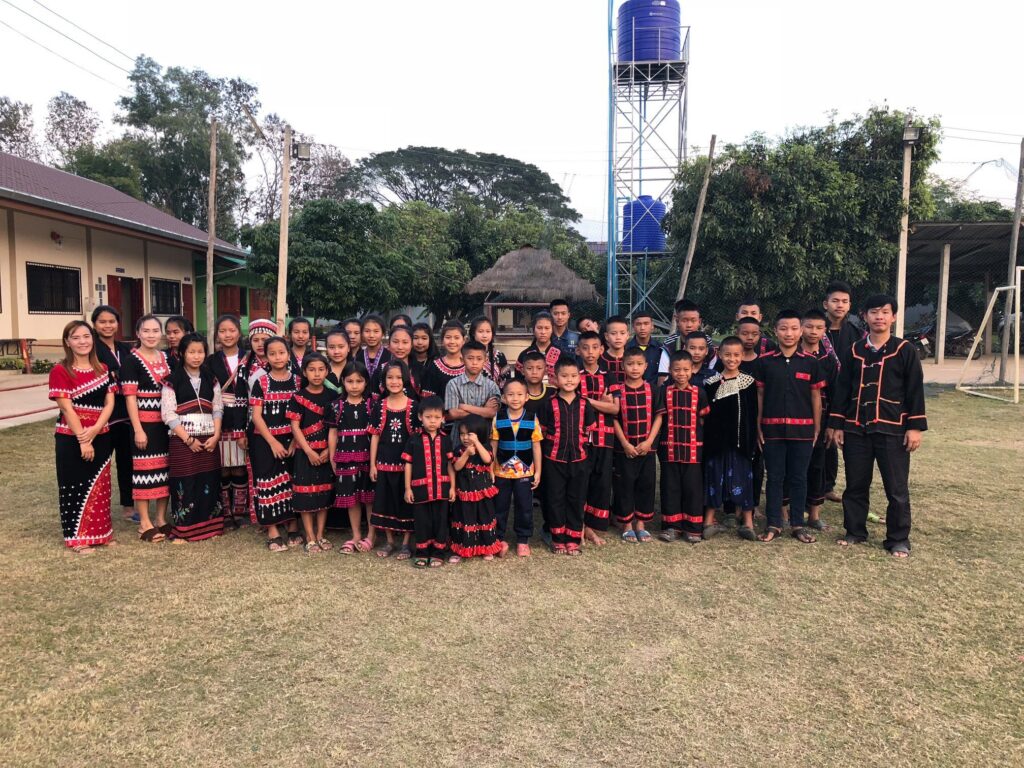
Tharnprapond Children's Home
A small house for a big future for hill tribe children.
“Nga or hor-ae ka hoo a se”
The thirty-one year old Lahu man turned to the source of hill tribe language. He saw an elderly woman who was leading a ten-year old boy with a scruffy face. He asked her what had happened and found out that the boy’s father was addicted to drugs and his mother had disappeared. Somchai instantly had a flashback to his own childhood and knew that if the boy didn’t study he risked ending up in prison like many other tribal children.
“My parents are Burmese. They immigrated to Chiang Rai before I was born,” Somchai Naiyoi started telling his story....
. “Our family is poor so my parents sent me away to a boarding school in Chiang Rai for hill tribe children to study at. At that time, hill tribe children like me were just happy to have the thought of graduation. Even seniors said that if we have determination and ambition we could make it and should aim to graduate . I dreamed that I might become a government official and a district chief, but I was not good at studying. Instead, I turned to a bachelor’s degree in Christian theology. I worked to earn money so that I could support my own studies. I studied with children from all over the country . Being a hill tribe is considered being a minority and if you can’t read Thai or speak clearly you will be teased. Sometimes I just wanted to go and punch the teasers in the face. But I kept feeling in my heart that one day disadvantaged hill tribe people like us would have a fairer chance and a better life quality.
“I studied for three years and then did an internship for another year with the Blessings Mission Foundation. This foundation works in Chiang Rai province to care for mentally handicapped children. After that I turned my focus to work for society by being a coordination officer for a project aimed at helping children , which was run by Chiang Dao Church for about three years. I then moved to take care of orphans and underprivileged children at an NGO in Sukhothai province. Orphans often grow up with a lack of warmth and love from adults which results in specific problems; they seek attention in the wrong way – through fighting, smoking, drinking and even sniffing glue. I try to pull them out of those things through sports. One of them is also a good kid who studies hard and aims to finish university and find a career.
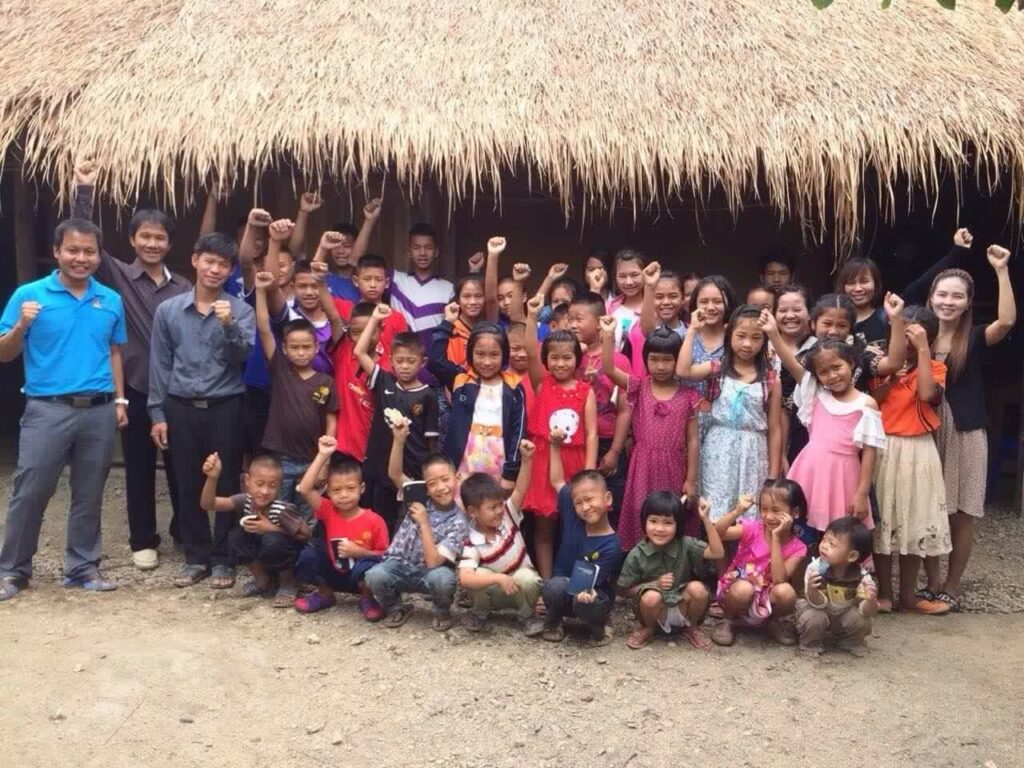
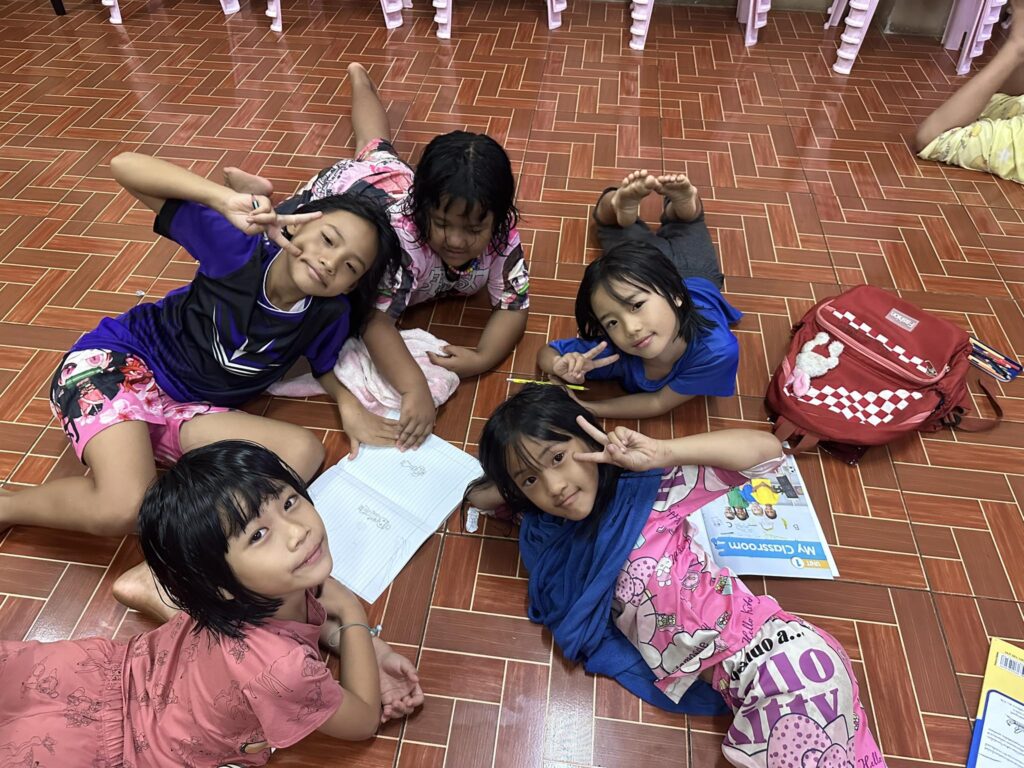
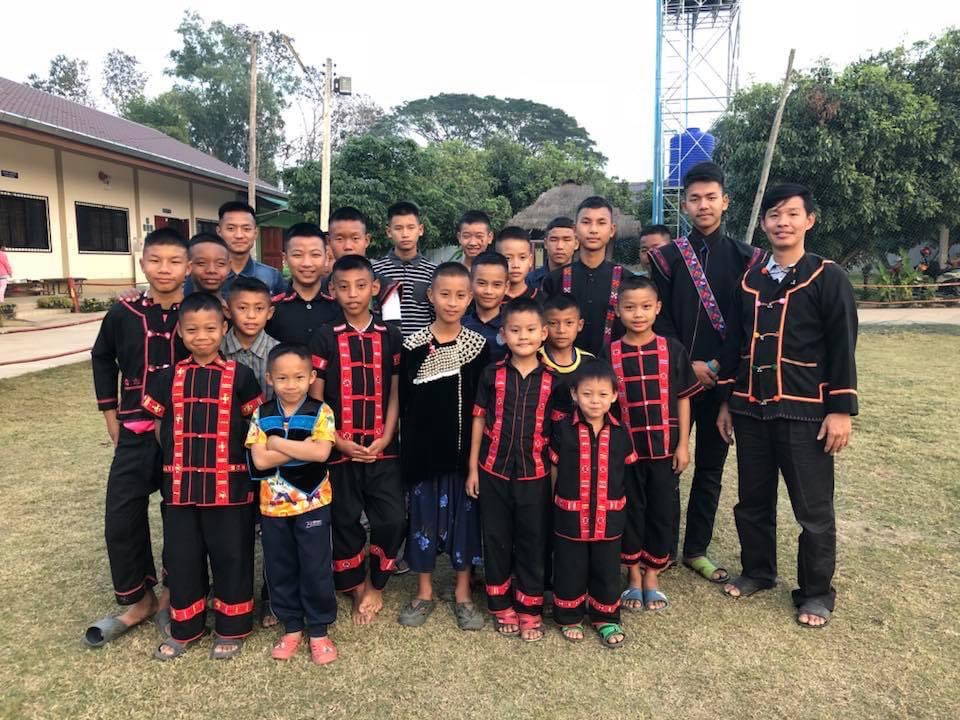
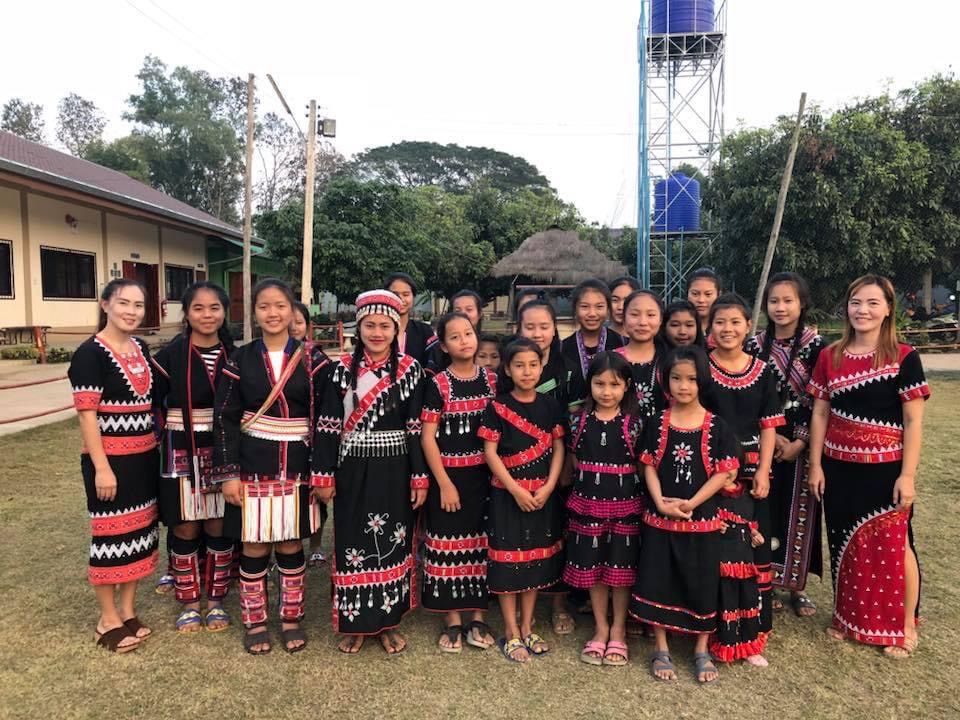
“Every time I go home I see hill tribe children who were not in school and I cannot help but worry for them. Imagine what your life would look like if you hadn’t gone to school. Many young men in the village end up in prison. Even though the authorities have heavy measures to suppress drugs, it continues to spread. Deep in the mountains, there is still illegal opium cultivation and methamphetamine trade. When teenagers have no money, they are hired to carry drugs and to deal drugs. Their parents know about it, but are not able to help. As for the girls, they often get married, already as 12-13 year olds and start creating their own social problems by having children, then getting divorced and then going to work in Bangkok. They leave their child and let their parents raise them.
“This is a huge mental burden that I constantly carry with me. A longing for these hill tribe children to have a good quality of life without these social issues. I want them to at least have a job. Become a doctor, or a teacher. I want them to have an education and be able to go back and help their parents and develop their hometown. This would be a way to repay the Thai king for allowing us hill tribe people to escape the heat and find refuge in the cool weather. Since childhood, I was taught to love the king. It was due to His Majesty’s mercy that the hill tribes could come and live in Thailand and it was thanks to him that the hill tribes stopped growing opium. His Majesty initiated a project to help hill tribe people. Today we continue to follow the royal initiative. There is a sufficient economy, there is food to eat, there is money to spend, so I want these children to grow up to be good people, to have a good future and then for them to come back and develop their hometowns.
“A grandmother brought a boy to me and told me how his mother had disappeared and now he was living with a father who was addicted to drugs and couldn’t take care of the child, which meant that she had to take care of him. But she as a grandma couldn’t raise her grandchild. Children miss school so often and often do not have enough time to study. Not long ago, a friend of mine brought a 13-year old boy to and told me how the boy’s father was in prison and his mother had a new husband. The child didn’t get along with his new father so he stayed with his grandfather. Both of these examples made me decide that it was time to do what my heart burned for. The future of these two children is bleak. This is very unfortunate because I studied well . I don’t have money and I don’t know anyone, but I believe in God and that since he has put this in my heart then he will be more than happy to bless it. This led me to open Than Phraphon Children’s Home. The land was donated by the Baan Nokkamin Foundation . I used bamboo to build a children’s shelter. I took these two children in and sent them to study. I also spread the word through churches that there now was a home for poor, orphaned and underprivileged children. Some faithful people donated money, sometimes rice and sometimes seasonal foods, which is used to feed the children. Most of Than Phraphon Children’s home’s adopted children are poor and underprivileged. Some children have hill tribe parents. One fine day, the authorities seized the land for farming that had been a living support for all of his life, and he was unable to work any other way. Because I don't have an ID card.
“I believe it was God who allowed me to make Than Phraphon Children’s Home a reality. I believe that if we continue to work with sincerity and determination, God will bless our Children’s Home even more. Even though all 37 children come from many tribes, including Akha, Lisu and Lahu, we live together as a family. Fortunately, the children are obedient, study well and behave well until they receive a certificate from me, which makes me happy. The children start to begin to dare to dream. ‘What do I want to be in this life? Maybe a teacher, police officer, or technician…’
“And if I can continue to make children be able to dream then I will consider Than Phraphon Children’s Home a success.”
For the best future for children Support us now!
